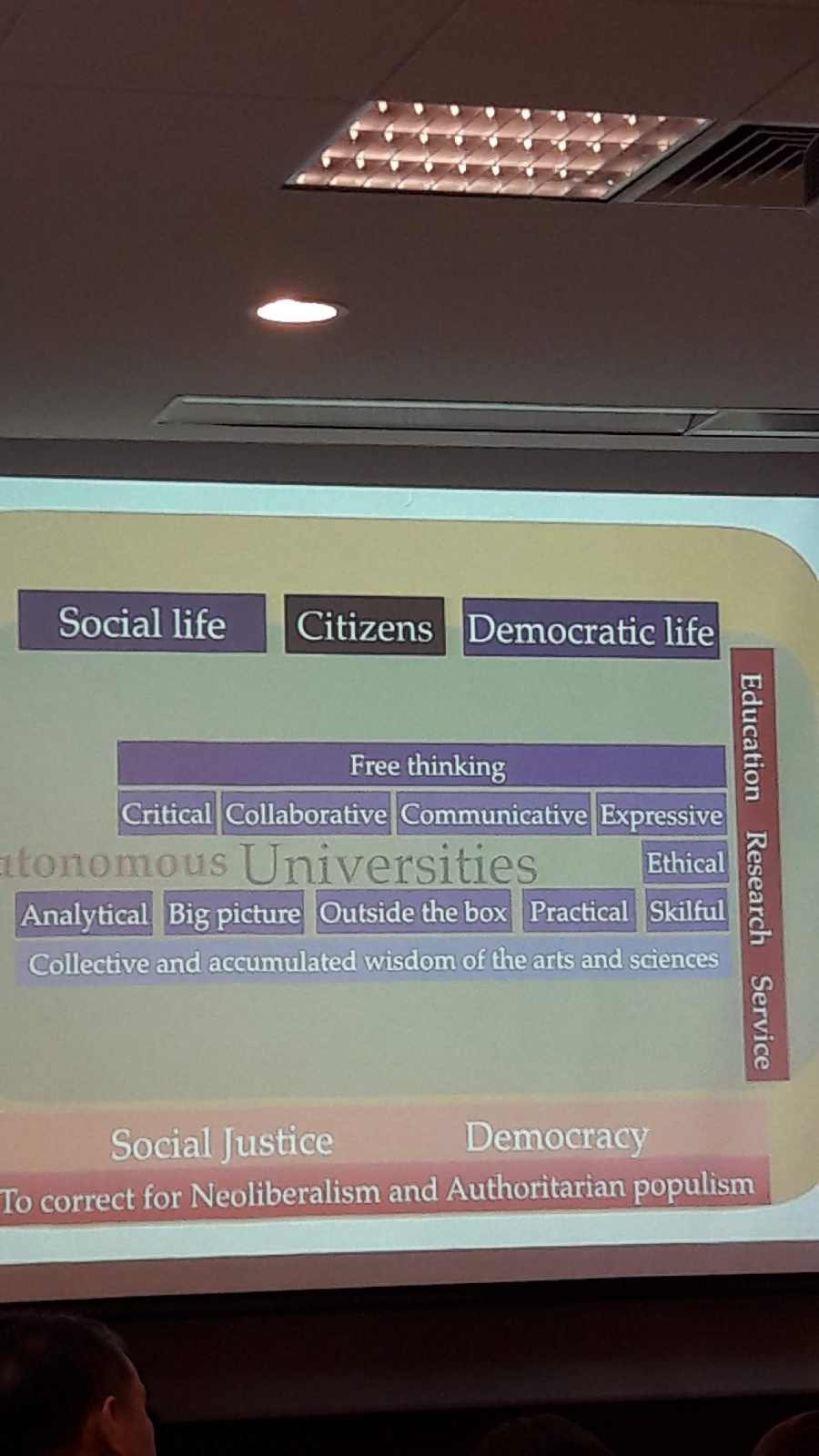(IMAESCII521) Forum Short Notes: Module 4 - Mapping the conceptual framework of a research
(Refer to the related blog post for Module 4 HERE.)
Conceptual and theoretical frameworks, as I mentioned earlier, provide the backbone of your study. It situates the researcher to a positionality that will be pursued as the research progresses. It is indeed important to be very clear about one's position and be accountable for it. After all, the choice of theory and concepts to pursue are also subjective in nature.
You can find my exchange of short notes with Olivia in this post below. Mine in pink!
=======================================
Re: Activity 2: Mapping the conceptual
framework of a research
by Olivia Siino - Saturday, 20 March
2021, 2:50 PM
Hi Ale,
that's a good question! I'm really not sure to be honest. I understood that the
theoretical framework was something that is also based off the researchers own
assumptions. Like they only chose certain theoretical frameworks because of
their own assumptions (or beliefs?) about the world, which also informs others
decision in the research (like what kind of data they will use, the data
analysis, the research method). But, I think I agree with you, we should have
focused more in developing the theoretical framework definitions in relation to
the article and how they define words and data in their research. However, I am
also confused about the assumptions either being WITH the theoretical framework
or a DIFFERENT part of the of research analysis.
So I'm going to further answer your question with a question of my own?
Are those elements always supposed to be siloed or separated from each other?
If so, why? If not, what reading did I miss that helps to explain this
confusion?
=====
In reply to Olivia Siino
Re: Activity 2: Mapping the
conceptual framework of a research
by Mc Ronald Ι Banderlipe - Saturday, 20 March 2021, 11:28 PM
Hi
Olivia,
Thank you for sharing the presentation. I actually had a different reading of
this paper. Just to share the paramount concept of this research was identity
development among the undocumented immigrant students and was supported by the
Social Cognitive Career Theory - a theory which demonstrates that the
contextual, social and personal factors affect one's development of identity as
a learner and the choices they make in life and career.
The constructivist and critical ideology outside the triangle were the
parameters they used when they utilised the Grounded theory both as an ideology
and a tool for analysis for the qualitative information they obtained from the
interviews with the participants.
In any case, I liked how you elaborate the challenges of acculturation in the
succeeding slide. I would suggest that to relate examples such as the stress
and uncertainties these undocumented students faces and their deprivations
compared vis-a-vis to the cases of the legally documented students.
Thanks so much again.

.jpg)
Comments